Based on the priority theme for the United Nations 67th Commission on the Status of Women – Cracking the Code highlights the role that bold, transformative ideas, inclusive technologies, and accessible education can play in combatting discrimination and the marginalisation of women globally.
Innovation is a driver of change and by embracing new technologies and championing the unique skills and knowledge of women in science, technology, mathematics, and engineering (STEM), we can accelerate our progress towards a gender equal future.
By ensuring equal access to education for women and girls and creating clear pathways and inclusive workplaces for women in STEM, we can leverage the transformative power of inclusive innovation, so critical to cracking the code to gender equality.
In 2023, Women in Imaging are joined by Keynote speaker Associate Professor Samantha Holdsworth.
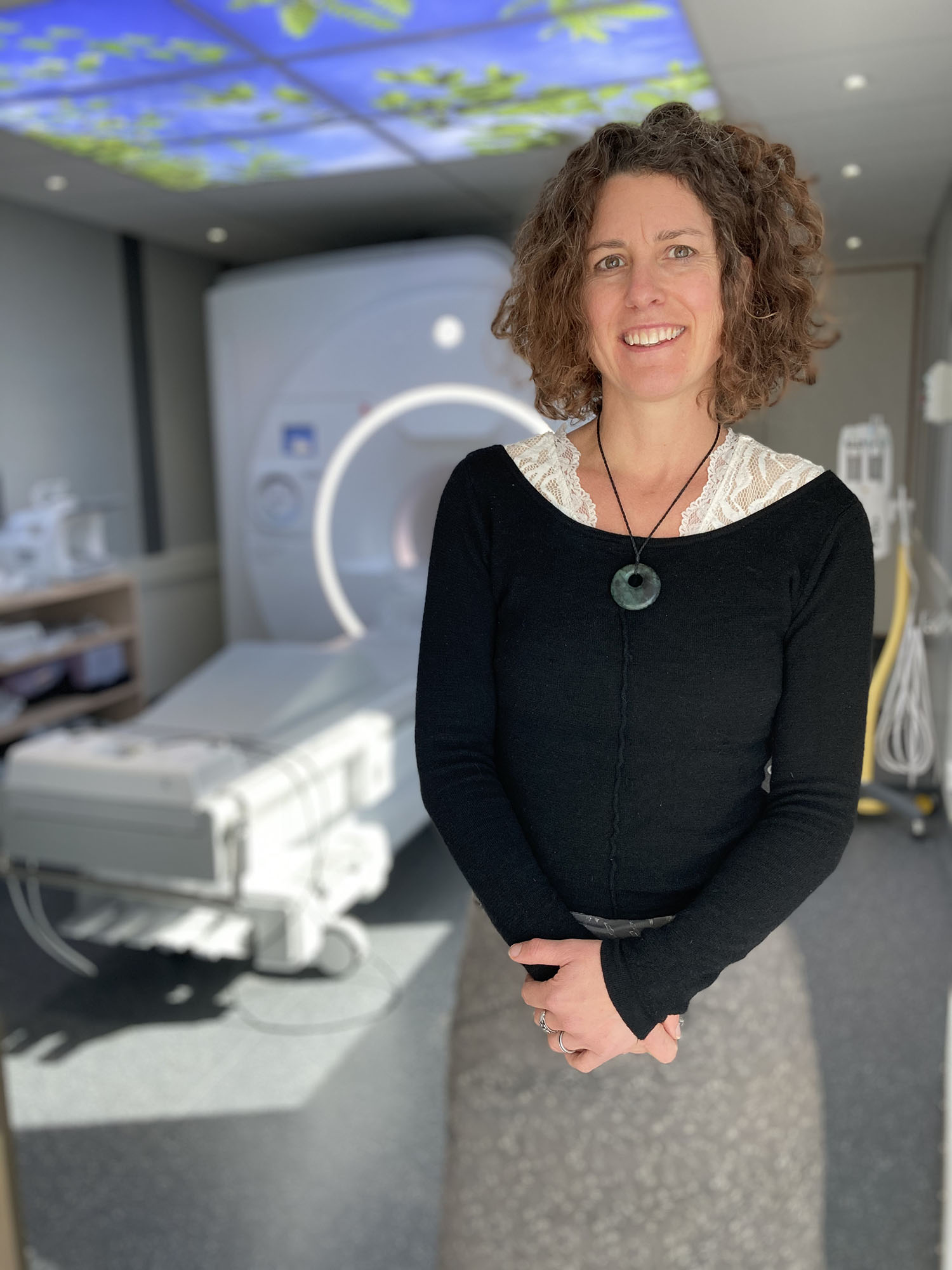 Story of Mātai: Building effective teams and bringing imaging to the community
Story of Mātai: Building effective teams and bringing imaging to the community
Samantha Holdsworth
Mātai Director of Research
Associate Professor (Anatomy & Medical Imaging, FMHS, University of Auckland)
Principal Investigator (Centre for Brain Research, University of Auckland)
BSc(Hons), MSc, PhD
As a medical physicist and academic researcher in the field of human brain imaging, Samantha has dedicated her career to developing technological advances for the improved detection and diagnosis of brain disorders and disease. She has brought together an exceptional team of national and international collaborators, in several medical imaging research initiatives including mild traumatic brain injury, methamphetamine, and idiopathic intracranial hypertension.
In her talk, she will delve into the evolution of Mātai, a medical imaging research and education center based in a remote, regional, indigenous community in Tairāwhiti-Gisborne, New Zealand. Mātai was founded by two women/wahine with the goal of providing a future-proofed platform to support medical science, bioengineering, and translational research to measurably improve generational health and wellbeing of the regional and globally. She will discuss the opportunities and challenges faced when embarking on the Mātai journey. One of the key elements of the success has been the emphasis placed on working in diverse and multi-disciplinary teams. She will share tips on how to create a cohesive team environment and discuss ways to effectively engage with communities in research.
Joining Dr Samantha Holdsworth for a panel discussion:
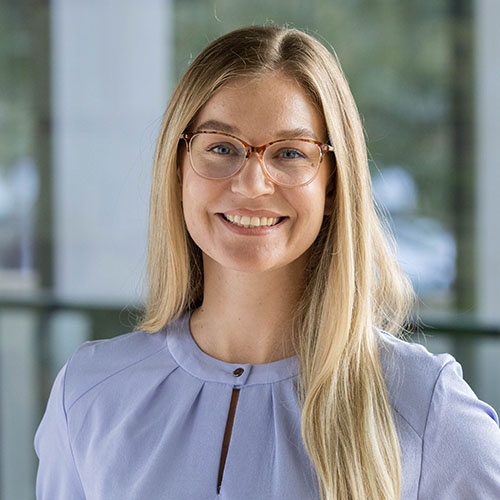 Panel chairperson, Sarah Daniel has been working in Nuclear Medicine since 2013 having first studied a Bachelor of Medical Radiation Science in Nuclear Medicine then going onto complete postgraduate study in PET/MRI at The University of Queensland. Sarah currently works at UQ as a Senior Research Nuclear Medicine Scientist where her primary focus is comparative oncology in PET/CT, human/companion animal imaging in 3T/7T MRI and pre-clinical PET/MRI. Sarah also holds a concurrent position at Queensland Health where she is the State-wide Clinical Educator for Nuclear Medicine and, is the Chairperson of the Australian and New Zealand Society of Nuclear Medicine QLD Branch.
Panel chairperson, Sarah Daniel has been working in Nuclear Medicine since 2013 having first studied a Bachelor of Medical Radiation Science in Nuclear Medicine then going onto complete postgraduate study in PET/MRI at The University of Queensland. Sarah currently works at UQ as a Senior Research Nuclear Medicine Scientist where her primary focus is comparative oncology in PET/CT, human/companion animal imaging in 3T/7T MRI and pre-clinical PET/MRI. Sarah also holds a concurrent position at Queensland Health where she is the State-wide Clinical Educator for Nuclear Medicine and, is the Chairperson of the Australian and New Zealand Society of Nuclear Medicine QLD Branch.
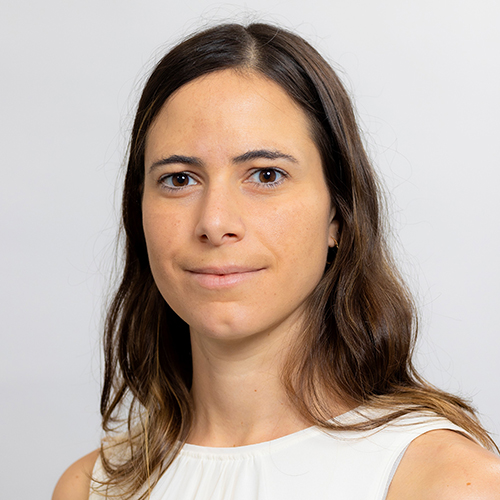 Dr Caterina Brighi is an Early Career Researcher at the University of Sydney leading interdisciplinary clinical trials to improve brain cancer imaging. Her background is in brain cancer MRI/PET imaging and nanomedicine. Dr Brighi graduated with a MSci (Hons) degree in Chemistry with Molecular Physics (2015) and a MRes degree in Bioimaging Sciences (2016) from Imperial College London. In 2020 she completed her PhD in Bioengineering and Nanotechnology from The University of Queensland. As an early career researcher Dr Brighi works within the NHMRC funded Australian MRI-Linac Program, leading collaborations with major Australian and international cancer research centres and industry partners to develop novel MRI-based approaches that will improve radiotherapy for brain cancer patients. Dr Brighi research interest focusses on using functional MRI and PET imaging techniques to characterise different aspects of the tumour biology (such as cellularity, vascularisation, hypoxia and metabolism) and building workflows that will allow clinicians to integrate this information in the development of more efficient, personalised radiotherapy treatment plans for patients with brain cancer.
Dr Caterina Brighi is an Early Career Researcher at the University of Sydney leading interdisciplinary clinical trials to improve brain cancer imaging. Her background is in brain cancer MRI/PET imaging and nanomedicine. Dr Brighi graduated with a MSci (Hons) degree in Chemistry with Molecular Physics (2015) and a MRes degree in Bioimaging Sciences (2016) from Imperial College London. In 2020 she completed her PhD in Bioengineering and Nanotechnology from The University of Queensland. As an early career researcher Dr Brighi works within the NHMRC funded Australian MRI-Linac Program, leading collaborations with major Australian and international cancer research centres and industry partners to develop novel MRI-based approaches that will improve radiotherapy for brain cancer patients. Dr Brighi research interest focusses on using functional MRI and PET imaging techniques to characterise different aspects of the tumour biology (such as cellularity, vascularisation, hypoxia and metabolism) and building workflows that will allow clinicians to integrate this information in the development of more efficient, personalised radiotherapy treatment plans for patients with brain cancer.
Caterina will attend virtually from Italy.
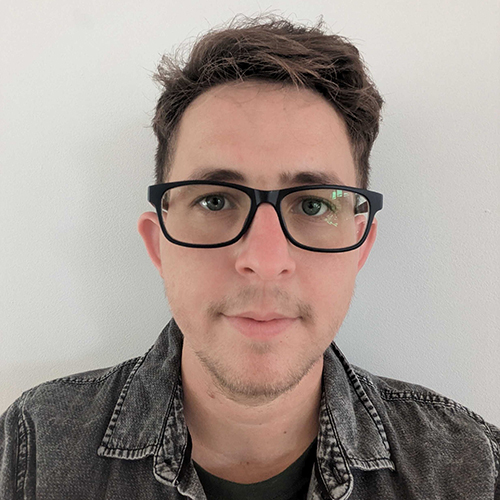 Dr Sam Fynes-Clinton, recently returned to Australia but is continuing his work as a Postdoctoral Fellow at Baycrest Health Sciences, Rotman Research Institute, Toronto, Canada. His research interests are in understanding how brain networks develop over the lifespan and how dynamic relational processing supports long term memory. Prior to this position, he completed a PhD at the Centre for Advanced Imaging, University of Queensland, examining memory in children and adolescents. As a transgender male who has overcome the challenges of self-expression and gender dysphoria, pregnancy and parenthood whilst navigating through the world of academia, Sam is a strong advocate for diversity and inclusivity at all levels of the academic environment.
Dr Sam Fynes-Clinton, recently returned to Australia but is continuing his work as a Postdoctoral Fellow at Baycrest Health Sciences, Rotman Research Institute, Toronto, Canada. His research interests are in understanding how brain networks develop over the lifespan and how dynamic relational processing supports long term memory. Prior to this position, he completed a PhD at the Centre for Advanced Imaging, University of Queensland, examining memory in children and adolescents. As a transgender male who has overcome the challenges of self-expression and gender dysphoria, pregnancy and parenthood whilst navigating through the world of academia, Sam is a strong advocate for diversity and inclusivity at all levels of the academic environment.
Sam will attend virtually from Perth.
International Women's Day (March 8) is a global day celebrating the social, economic, cultural, and political achievements of women. The day also marks a call to action for accelerating women's equality.

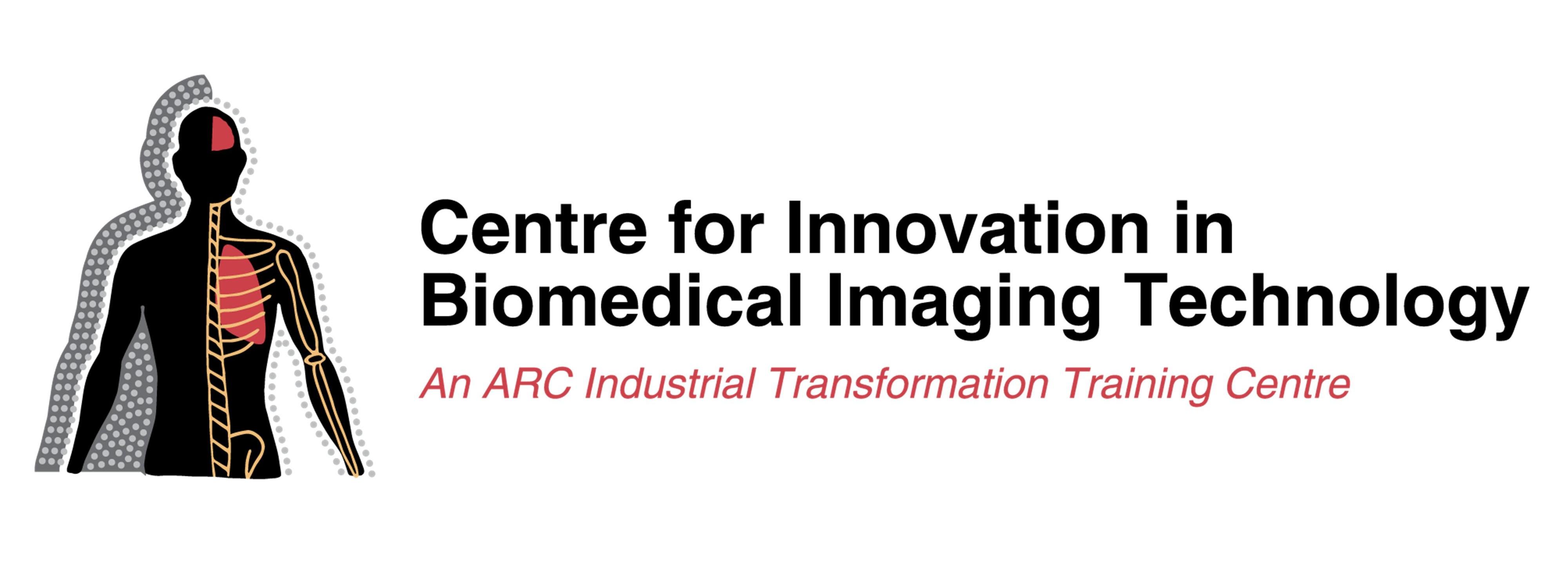

Women in Imaging 2023 - Cracking the code for a diverse, equitable and inclusive workplace #EmbraceEquity
Venue
University Dr & Campbell Rd
St Lucia
QLD
4072
Women in Imaging 2023 programme:
| 5:15pm | Arrive for 5:30pm start |
| 5.30pm | Welcome and keynote address by Associate Professor Samantha Holdsworth |
| 6.00pm | Panel discussion and Q+A |
| 6.30pm | Refreshments and networking |
*Please note due to room capacity restrictions, attendance for this event will be limited. Early registration is encouraged.
